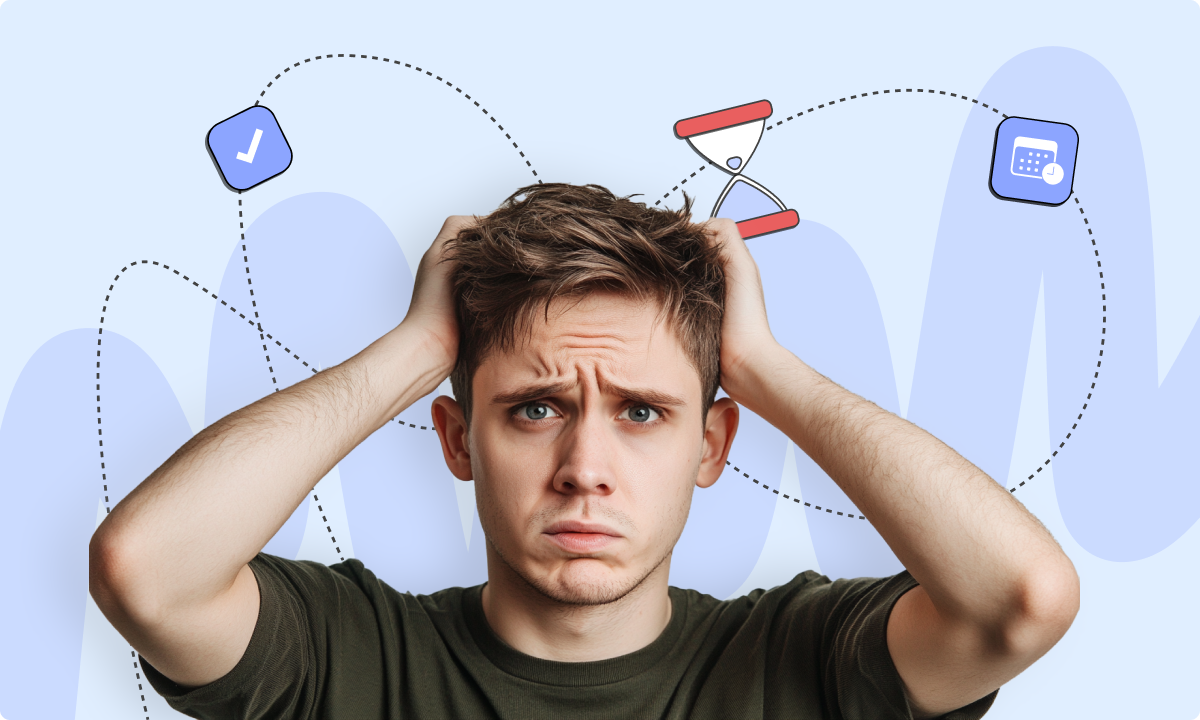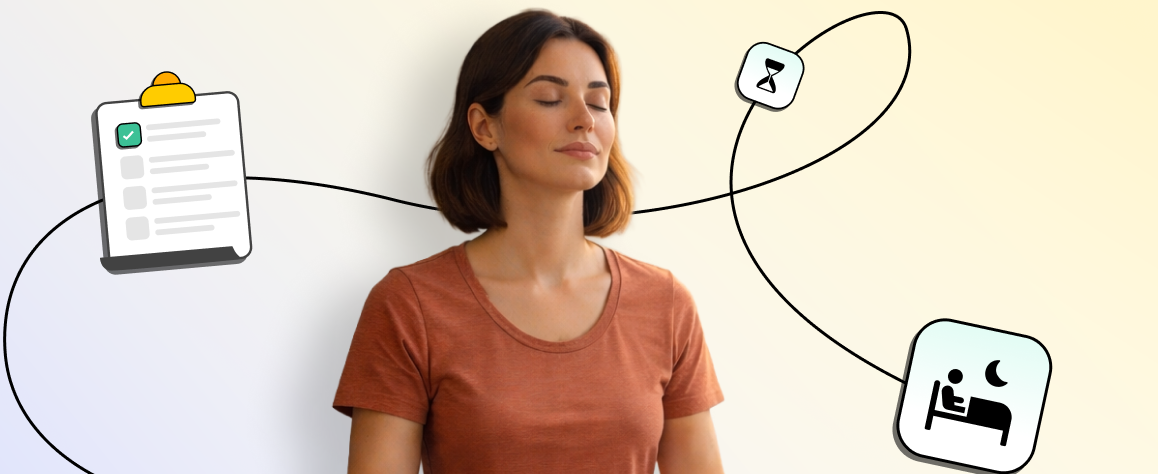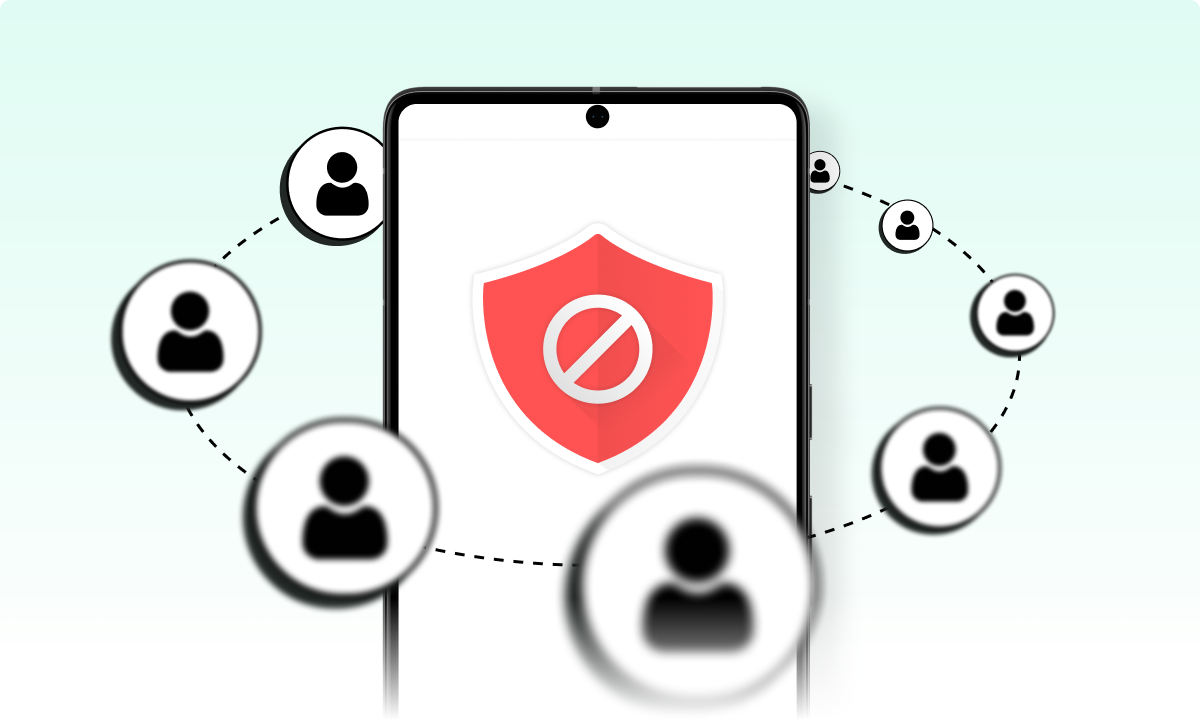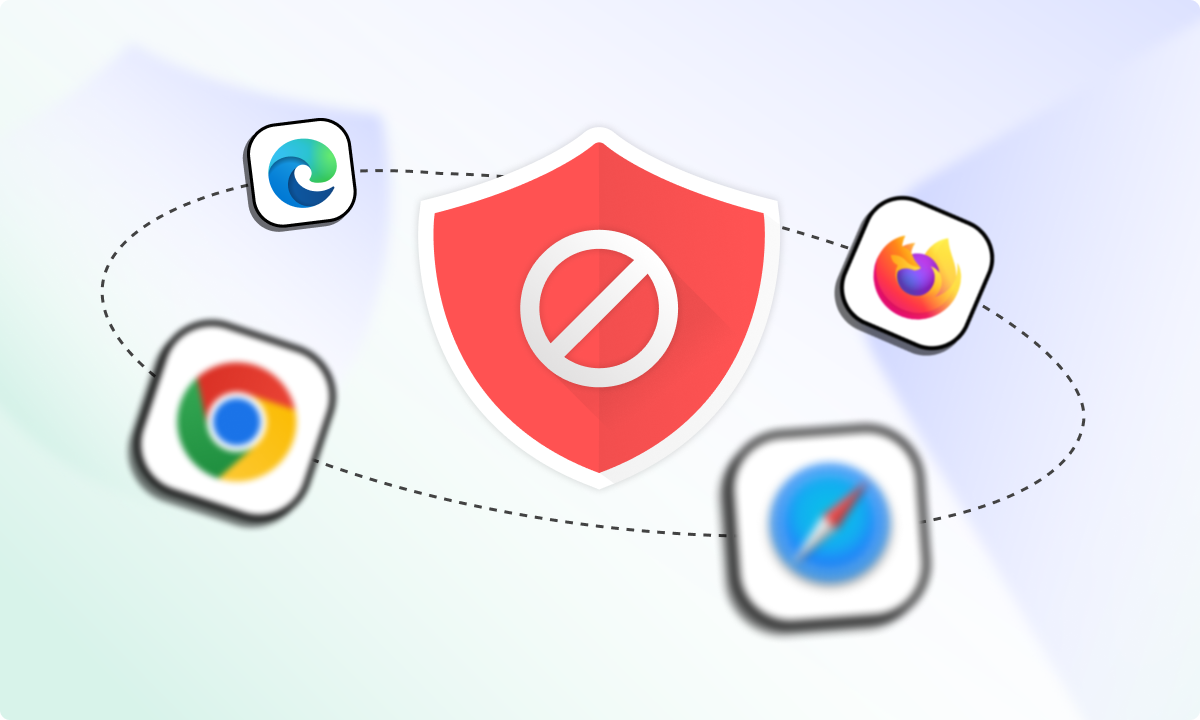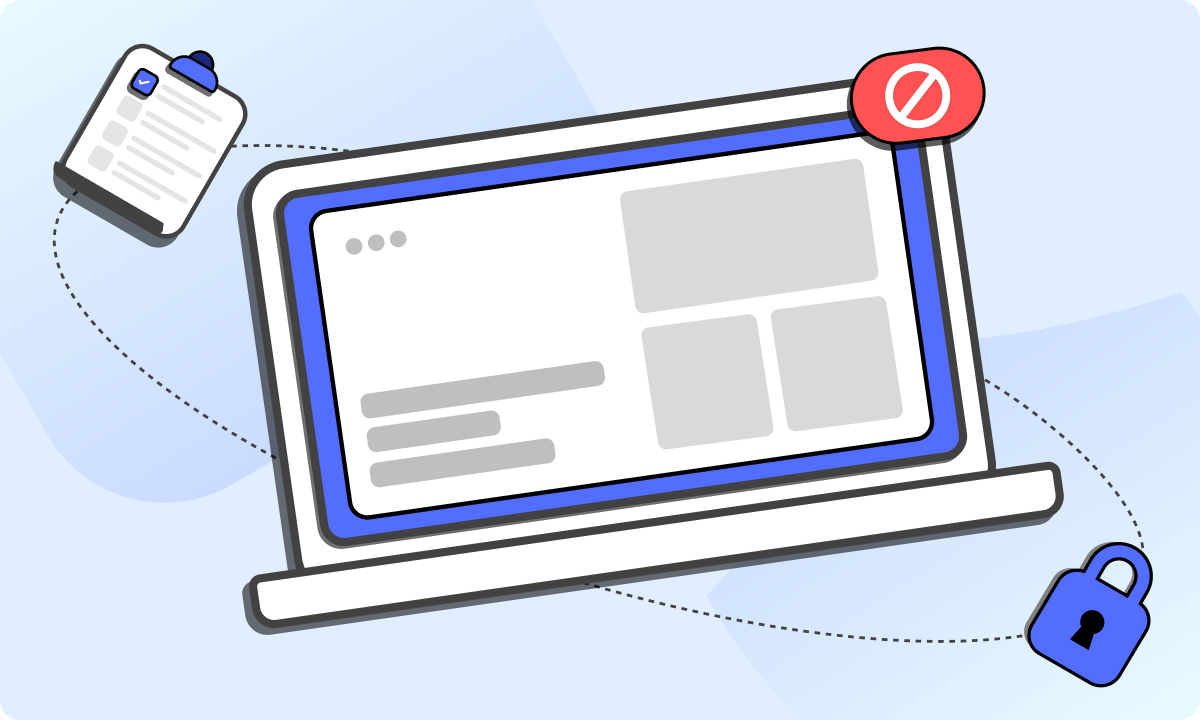Are you constantly thinking about how well you can focus on the task at hand? This can be understood using a focus test that tests for levels of focus to gauge productivity and efficiency. The more you understand your strengths and your weaknesses, the more feasible it is to create measurable targets and work towards efficiency. This test is divided into multiple areas of attention and attentional capacity to identify areas that could use refinement. By taking these tests, you’ll find out which instruments can be used to fine tune your attention and improve your concentration. In this way, you are able to do better every day as you learn valuable information specific to you!
How to know if you’re easily distracted?
They’re part of the everyday routine, more often than most realize, and they can cause massive productivity losses if not well-managed. If you constantly spend hours with very little work, you get stressed and anxious about not having anything done. Distraction assessment means looking at multiple aspects of your routines and identifying habits. Here’s how you can tell if you’re easily distracted:
Recognize interruptions
Constant disruptions during tasks suggest a tendency towards distraction. Consider ambient noise like phone notifications or chatty coworkers derailing your workflow.
Assess task completion
Evaluate the ratio of tasks you start against those you finish. A growing backlog may indicate where attention diminishes.
Track time spent
Dedicate one week to recording how much time you spend on trivial activities versus meaningful work. A stark difference may necessitate reprioritizing efforts.
Self-reflection
Take mental notes on when your mind strays from tasks at hand. Instances of drifting away signify times when you’re most prone to distractions.
Evaluate environment
Pinpoint spaces such as noisy cafés or cluttered offices that compromise productivity. A calm library may meet your concentration needs better.
Main reasons for low attention span or poor concentration
Good focus is conducive to productivity, but a number of things can throw a monkey wrench into the works. Knowing these things will help you identify the root cause and come up with a tailored solution. Whether your habits or environment, these are the things that can divert your attention:
Stress and anxiety
Mental pressure can lead to inattentiveness when unmanaged. Techniques such as deep breathing or yoga can ease stress, and sharpen focus.
Digital overload
Continuous alerts from gadgets can scatter your focus. Limiting screen time helps develop a more centered mindset and return to intentional tasks.
Lack of sleep
Poor rest drains brain energy, hindering alertness. Aim for 7-8 hours of sleep to ensure optimal cognitive performance.
Poor nutrition
Without proper nutrients, brain function suffers. Foods rich in omega-3 and antioxidants can boost cognitive capability, maintaining focus throughout the day.
Health conditions
Disorders like ADHD significantly impact concentration. Aside from an ADHD focus test, professional advice can help tailor treatment options to restore focus.
Test your focus
Having difficulty focusing your mind during the workday? The objective of this quiz is to measure how well you focus during work tasks. Answer 20 simple yes/no questions to get a feel for whether or not you struggle with focus.
- Do you often find your thoughts wandering when you’re working on something?
- Are you frequently distracted by unrelated thoughts or ideas while trying to focus?
- Can you block out distractions in your environment when you need to concentrate deeply?
- Do you schedule your most demanding tasks for the times when you feel most alert?
- Do you make an effort to create a distraction-free workspace when you need to focus?
- Have you ever realized you’re repeating a task because you forgot what you already did?
- When you feel your concentration slipping, do you take a quick break to recharge?
- If you lose focus on a task, do you switch to a different one temporarily?
- Does overhearing conversations nearby disrupt your ability to concentrate?
- Do you set an approximate amount of time to work on a task before you begin?
- Do you include regular breaks when working on tasks that require intense focus?
- Do you feel restless or lose interest quickly when a task becomes dull?
- Are you able to push yourself to stay focused on something that doesn’t fully interest you?
- When you’re bored, do you often find yourself zoning out without realizing it?
- When you’re deeply engaged in a task, can you continue working without being easily distracted?
- Can you ignore background noise when you need to stay focused?
- If an email arrives while you’re working, do you wait to read it until you’ve finished your current task?
- When your mind starts to wander, can you quickly refocus on the task at hand?
- Do you make it a point to finish a task once you’ve started it?
- After being interrupted while working, can you quickly pick up where you left off?
Done with the “how focused are you” test? If you say YES to 10 or more of these, it might indicate problems staying focused at work. This might be a time to see how you can concentrate and perform better.
Treatments & tools that help fight shopping addiction
When distractions throw your day off track, explore these treatments and tools for regaining control over focus. These solutions open avenues to handle the persistent challenge of poor attention spans:
Mindfulness and meditation
Consistent mindfulness and meditation builds consciousness by grounding your brain in the here and now. This leaves you with less distractions, a stronger focus and an overall sense of emotional equilibrium, so that you are able to sustain and develop focus over time.
Scheduled breaks
Adding in strategies such as the Pomodoro Technique, a technique based on short work breaks and controlled rest periods, helps reduce mental exhaustion. These scheduled breaks save you from exhaustion, get you moving, make your mind healthy, and keep you focused for greater performance throughout the day.
Time management apps
BlockSite is a time manager that helps to reduce electronic distraction by blocking certain sites and even apps while you are at work. It allows you to define a time limit to help you complete more important activities. Don’t forget to set the focus tool up properly and use the Focus Mode for the best performance.
Physical activity
Getting active regularly is a great way to improve attention and brain function. Training ejects endorphins that enliven the brain, uplift the mood, and reduce stress. Walking, yoga, or cardiovascular exercise can help sharpen your thinking, energize you, and help with focus and productivity.
Professional support
Professional support can change the way we approach focus issues. With cognitive-behavioral therapy (CBT), it’s possible to use practical strategies to deal with distractions, develop healthier habits and clear your mind. Individualized assessments and guidance from certified professionals offer specialized recommendations to help you conquer focus problems and enjoy lasting success in your life.
Benefits of increased focus
Greater control over focus not only enhances workdays but offers a host of other perks. Here’s what improved attention skills can yield:
Efficiency
A clear focus enables faster completion of tasks, reducing mistakes while fostering a sense of accomplishment.
Reduced stress
Concentrated effort helps manage workloads, alleviating stress and preventing burnout.
Enhanced quality
With minimal interruptions, work quality improves, earning respect and recognition professionally.
Personal satisfaction
Achieving tasks precisely leads to personal satisfaction and boosts self-confidence.
Start returning to your focus now
Learning about and solving focus issues is a first step towards more productivity and wellness. BlockSite gives you tools to detect and remove distractions so that you can focus on your mission. Control your mental balance and get more with ease. Create the future where you are the master of your time and attention. So don’t wait any longer and start returning to your focus today.
FAQs
What are some daily strategies for increased focus?
Get going by creating a habit of having regular rests and drinking plenty of water. Try some mindfulness practices for better concentration.
What makes stress management conducive to concentration?
Stress management makes your thoughts flow better and frees you from distractions to increase your focus.
What are some reasons to ask for professional help with focus?
If focusing problems hamper daily tasks or job performance, expert consultation and support can help.
Can focus testing benefit everyone?
Focus tests are useful for anyone wanting to focus more effectively. They show you the attention span vulnerability areas that need improving.
What does technology do to keep distractions at bay?
Digital tools such as BlockSite have been successfully reducing interruptions by placing blocks on apps and websites that are frequently distracting.

